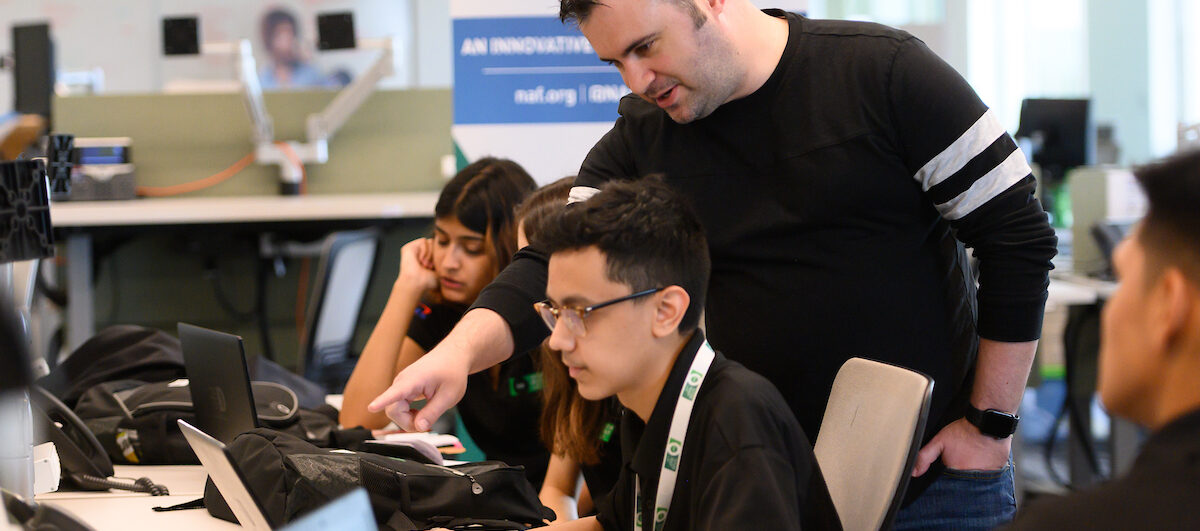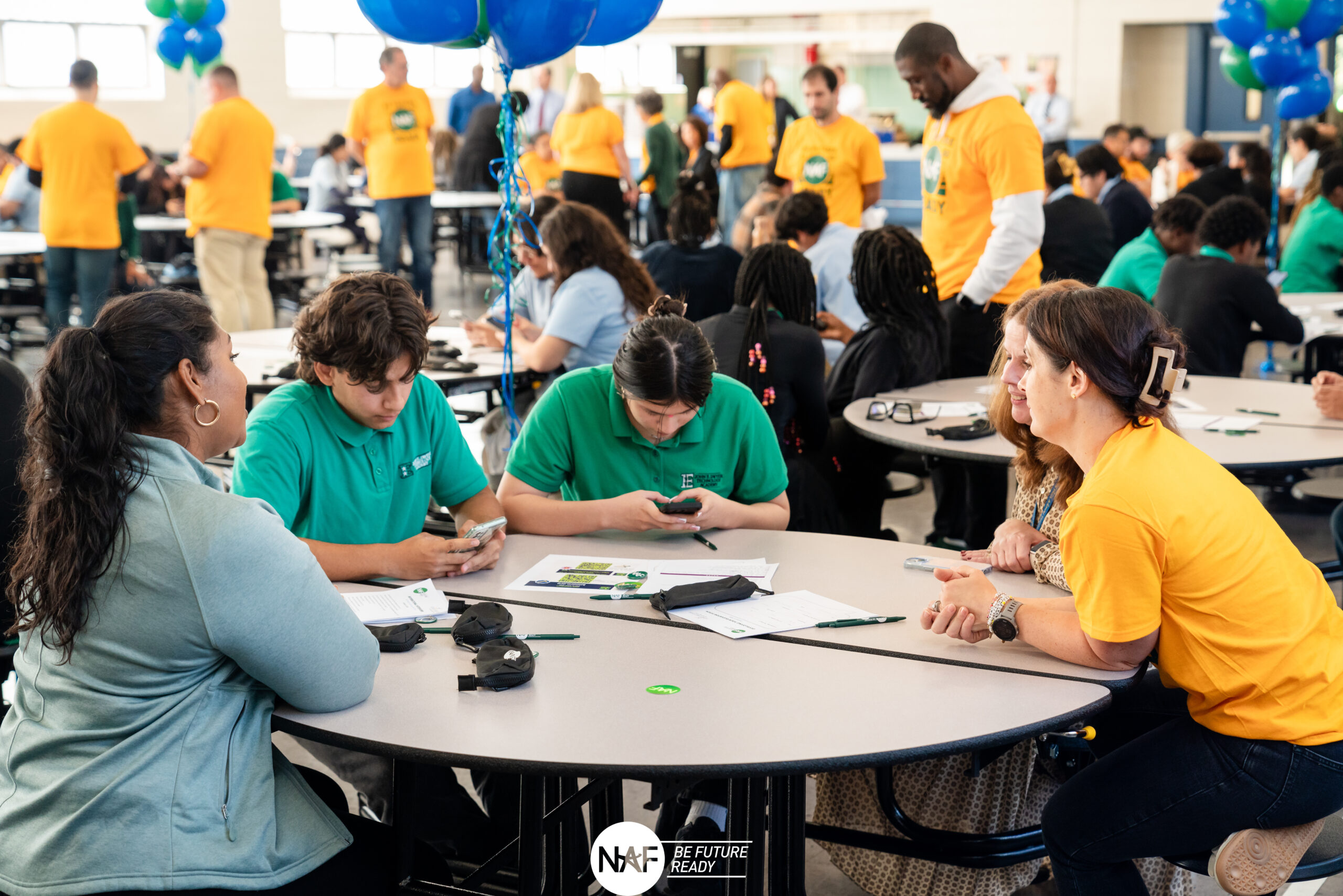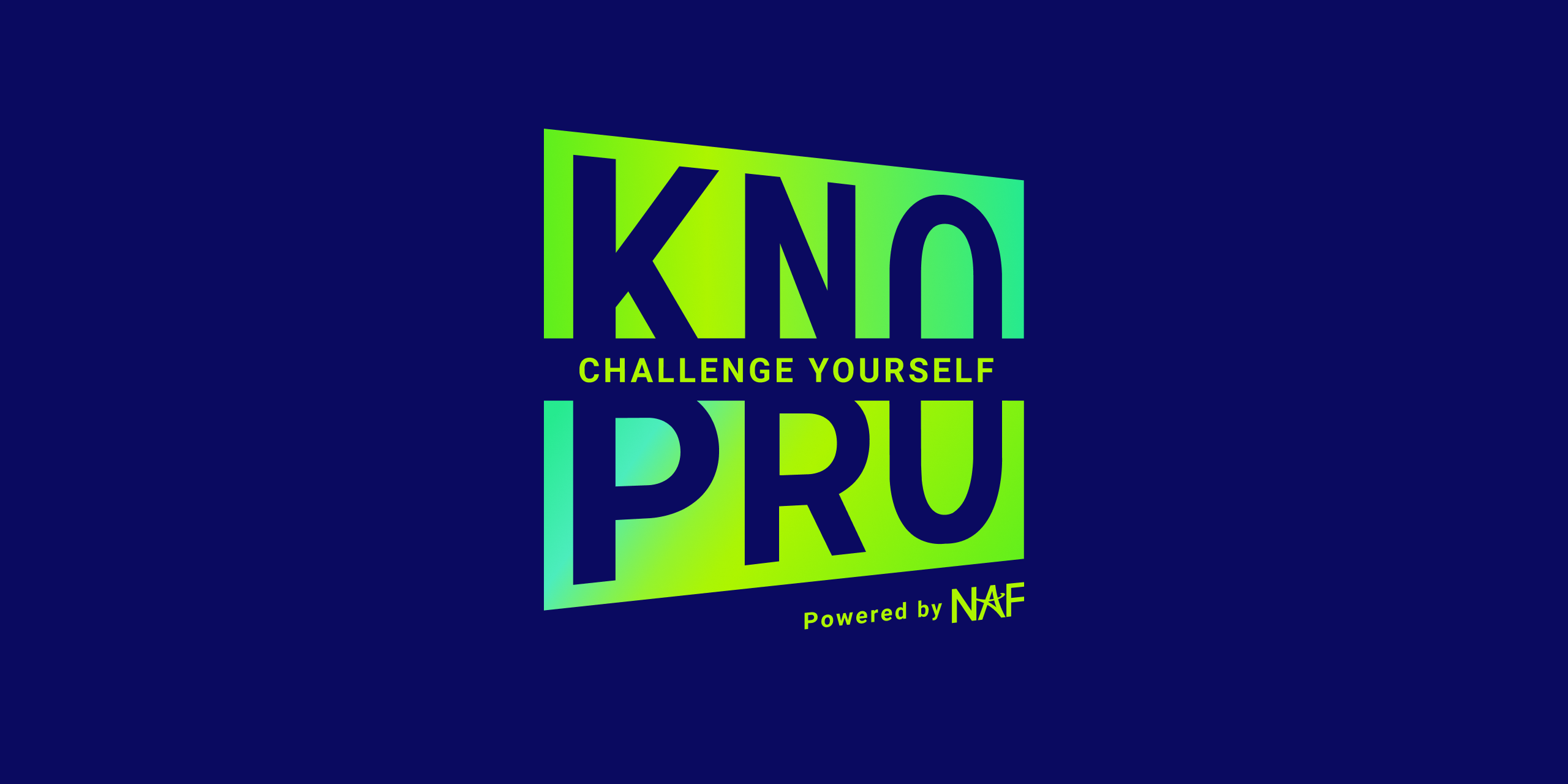Future Trends: The Evolution of Project-Based Learning
Understanding Project-Based Learning (PBL)
Project-Based Learning (PBL) is an educational approach that enables students to gain knowledge and skills, while they investigate and respond to complex, real-world challenges. PBL encourages critical thinking, collaboration, and problem-solving, and students engage in meaningful projects that require research, creativity, and application of their learning in practical scenarios.
How PBL Is Currently Used in US High Schools
- STEM Projects: Students design and build prototypes, conduct scientific experiments, or develop and code projects that address real-world issues in the fields of sustainability or healthcare.
- Entrepreneurship Challenges: Students create business plans, pitch ideas to industry professionals, and develop marketing strategies.
- Community-Based Projects: Schools collaborate with local businesses and nonprofits to tackle social issues, such as designing urban gardens, addressing food insecurity, or developing community outreach programs.
- Interdisciplinary Learning: Students work on a project that integrates multiple subjects, such as a history-based documentary that requires research, scriptwriting, and video editing.
- Online PBL Platforms: Students participate in virtual case competitions and remote collaborative projects, through platforms like KnoPro.
The Benefits of Project-Based Learning
- Enhanced Critical Thinking and Problem-Solving: PBL encourages students to analyze complex problems, think creatively, and develop solutions—developing essential skills for future careers.
- Improved Engagement and Motivation: When students work on projects that interest them, they take more ownership of their learning, gain confidence, and develop a deeper understanding of the subject matter.
- Collaboration and Communication Skills: Many PBL activities require teamwork, preparing students to work effectively in a range of professional environments.
- Real-World Application: Unlike traditional learning that often feels disconnected from everyday life, PBL allows students to apply their knowledge to tangible issues, making learning more meaningful and practical.
- College and Career Readiness: Employers and colleges increasingly value skills like adaptability, leadership, and creativity—competencies that PBL fosters effectively.
The Future of Project-Based Learning
- Technology-Enhanced PBL: The rise of artificial intelligence (AI), virtual reality (VR), and augmented reality (AR) will revolutionize PBL by encouraging students to engage in immersive learning experiences. For instance, students might use VR to explore historical events or simulate medical procedures in a biology class.
- Global Collaboration: Digital platforms will enable students to collaborate with peers worldwide, working on projects that address global challenges like climate change, human rights, and economic development.
- Personalized Learning Pathways: AI-driven learning platforms will tailor PBL experiences to individual students’ interests, strengths, and learning styles, ensuring a more customized and effective educational journey.
- Increased Industry Partnerships: More schools will forge partnerships with businesses, offering students opportunities to tackle real-world industry challenges, gain mentorship from professionals, and even secure internships.
- Assessment Innovations: Traditional grading systems may be replaced or supplemented with competency-based assessments that evaluate students on their ability to apply knowledge in real-world contexts rather than memorization of facts.
- Integration Across Subjects: As interdisciplinary education becomes more prevalent, PBL will likely incorporate elements from multiple disciplines, encouraging students to think holistically and develop well-rounded problem-solving skills.
Conclusion
Project-Based Learning is more than just an educational trend—it represents a fundamental shift in how students learn, engage with content, and prepare for their futures. By fostering creativity, collaboration, and real-world problem-solving skills, PBL equips students to navigate an increasingly complex and interconnected world. As technology advances and global collaboration opportunities expand, PBL will continue to evolve, offering even more dynamic and impactful learning experiences. KnoPro is at the forefront of offering PBL opportunities to high schools students, working with major corporations to put out Challenges where students can develop solutions to real-world issues and win cash prizes for their futures.
Learn more by checking out KnoPro’s current Challenges.





